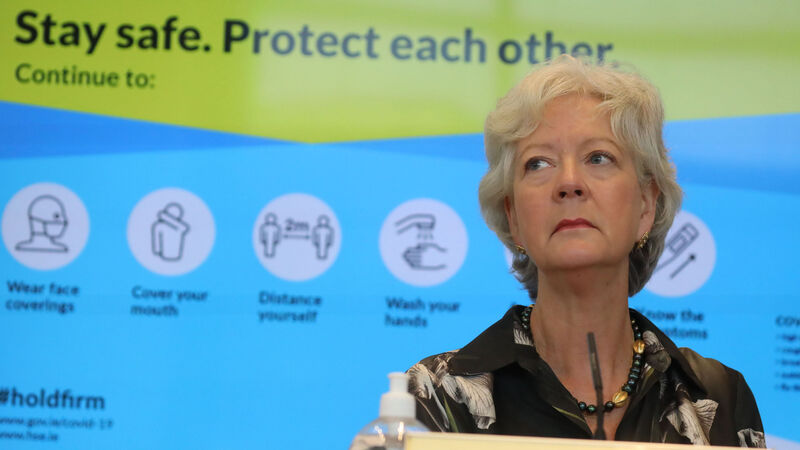Reopening society: 'It is a time for caution' says Niac chief

Dr Karina Butler said that Niac is working “very hard” to collate the evidence in order to give the best advice. Picture Paddy Cummins /Collins Dublin
The chairperson of the National Immunisation Advisory Committee (Niac) has said it is a time for caution as the Government prepares to detail the next stage of easing Covid-19 restrictions.
Dr Karina Butler said that Niac is working “very hard” to collate the evidence in order to give the best advice to the Department of Health to help them guide the Government on the next phase of reopening.










